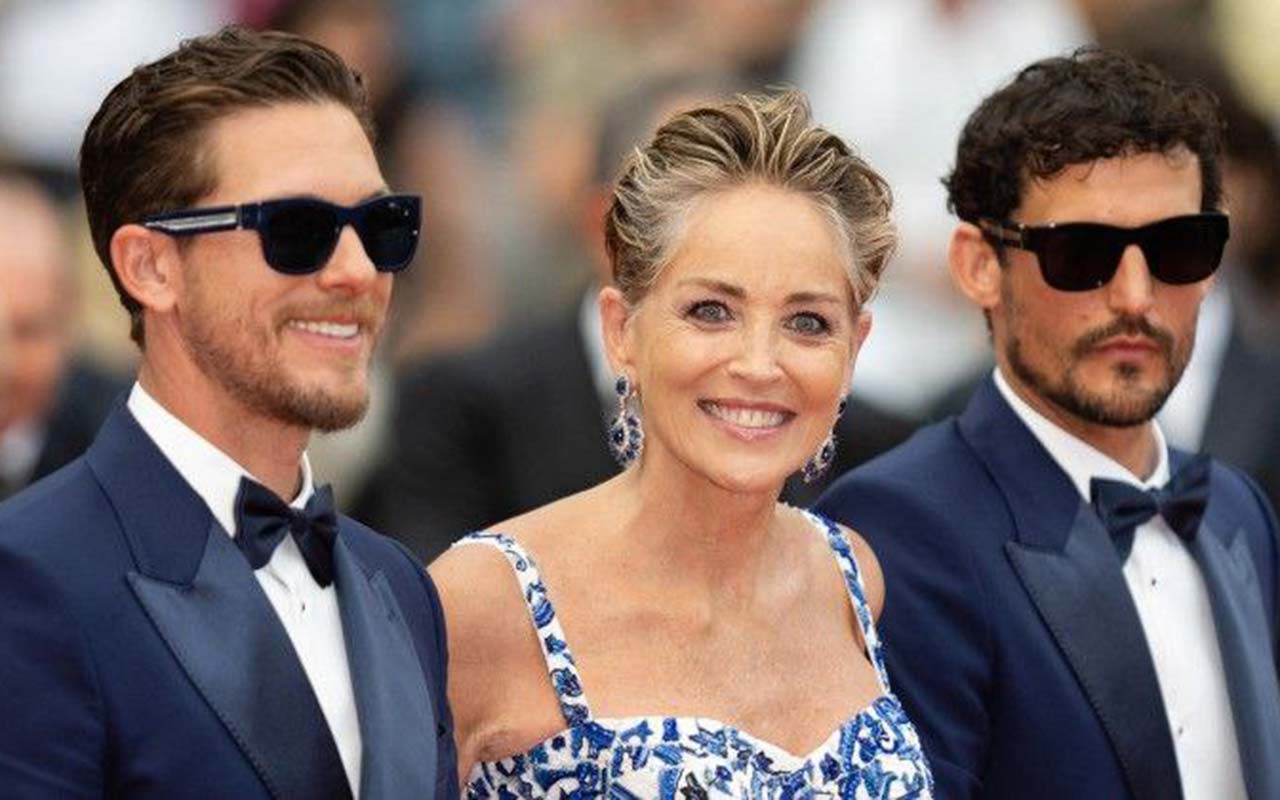Artem Marchenko: Our Job Is to Change the People Around Us
Artem Marchenko is a prominent figure in the Kazakh restaurant industry, earning recognition and respect from both colleagues and food enthusiasts. His journey from a simple cook to the owner of The Chef Group has been an inspiration to many. Artem’s approach to gastronomy blends creativity and tradition, allowing him to develop unique concepts and dishes that impress even the most sophisticated diners.
However, his success would not have been possible without the support of his wife, Ekaterina, his unwavering belief in success, and the team that has become a true family over the years. In an interview with Business ML, Artem Marchenko discusses the challenges of the restaurant business, new opportunities, the importance of caring for a restaurant like a living being, and his dream of creating a legacy.
The restaurant business often starts with an idea or a dream. Do you remember the moment you realized that cooking would become both your profession and your business?
I never imagined I would have my own restaurant business. At first, it was just a simple dream—to earn a living. It was the crisis of 2006, and I saw how many unqualified people were running restaurants. It frustrated me because I was constantly learning and improving.

Over time, people started coming not to the restaurant, but to me personally. That was a revelation.
There was a restaurant in Astana called “Müller”, and one day, I overheard guests saying, without realizing I was nearby: “This place has that guy who makes the best steaks and sausages.” That was the moment I understood this could be a business of my own.
I approached an investor, but he turned me down—he found it more profitable to keep his money in the bank than to invest in a restaurant. So I decided to save up on my own: I brought 30% of my earnings home and invested 70% in kitchen equipment. Over time, I acquired everything I needed to launch.
You spent part of your life in Germany. What principles from the European restaurant industry did you bring to the Kazakh market?
What struck me the most was that chefs in Germany work with their own hands. In Kazakhstan, most restaurateurs manage the process but don’t actually cook.
My German mentor, Henschen Eichbaum, was a master of all trades. If something needed fixing in the kitchen, he did it himself. If products needed to be bought, he would drive 70 kilometers to a village where a family had been making the best sausages for three generations.
This was a unique experience, something one in a million people gets to witness. His approach to work—whether it was construction, cooking, or management—shaped my own philosophy: being involved in every detail, focusing on quality, and always acting professionally.
The restaurant business is a constant battle with challenges. Which one stands out the most in your journey?
One of the toughest moments was when we ordered furniture from China. We paid 100% upfront, expecting delivery in August, but it arrived only in December — and at twice the original cost.

One of the key tools is to keep moving forward, constantly learning and improving. You need to travel to study, immerse yourself in the processes of other restaurants to understand how to manage your own business and whether your employees are working correctly or not. If you fail to notice all of this, it’s very bad.
You say that a restaurant is a living organism that requires care, like a person. What do you mean by that?
One of Moscow’s top restaurateurs, Ilya Tyutenkov, once said:
“A restaurant is like a beloved woman. If you give her attention, care, and affection, she flourishes. If you only take from her without giving back, she withers.”
Our restaurant Zina is named after my grandmother. And when I feel that it needs an upgrade, I say: “We haven’t given grandma a present in a while.”
That’s when we refresh the interior, refine the menu, and improve the service.
This isn’t just a business. A restaurant is a living entity—it needs energy, creativity, and constant growth to thrive.

The Chef Group has already achieved significant success. What does success mean to you, and where do you plan to go next?
I want to pass this business down to my children. That’s the philosophy I work by. There used to be dynasties of doctors, military officers, and lawyers. Today, very few people continue their parents’ work. But this is invaluable experience that no university can teach.
I tell my team: we are in an important business. A person goes to the doctor 3-5 times a year, but they eat at restaurants all the time. Food is fuel. The better we serve food, the healthier the nation becomes.
Just think about it: our job is to change the people around us, to make their lives more enjoyable and flavorful. What could be better than that?



